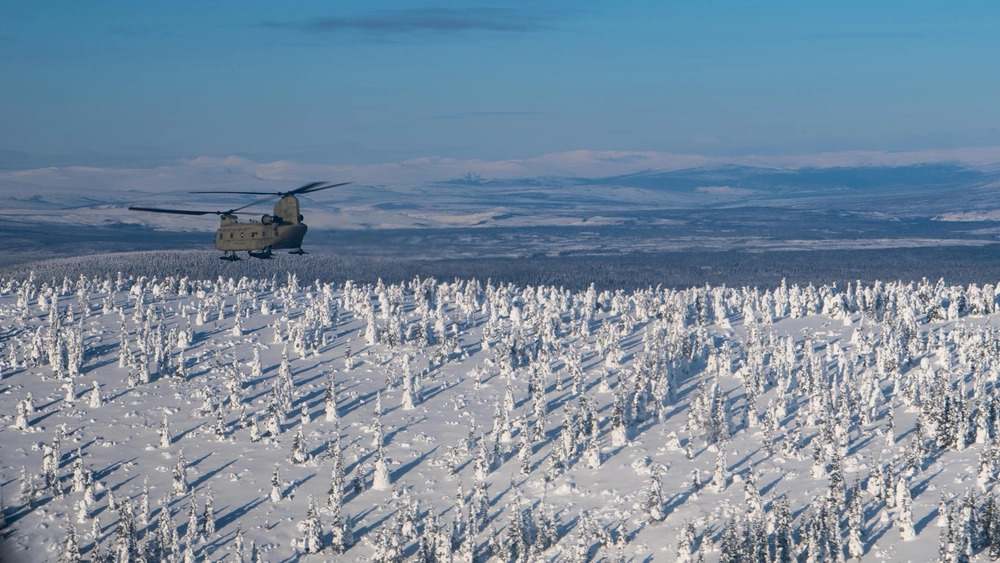“The reason this course is important to Arctic security is the emphasis it puts on the consideration of risk and response,” said Dr. Cody Dees, course director and professor of international security studies at the TSC. “The Arctic Crisis Logistics course takes the concept of logistics from being synonymous with ‘Supply’ and reintroduces it as the backbone of operational success in and across the Arctic.”
Maj. Gen. Constance L. Jenkins, Director of Logistics and Engineering, J4, Headquarters, North American Aerospace Defense Command and United States Northern Command, delivered the opening remarks. Jenkins emphasized the criticality of strategic logistics capabilities to homeland defense, national security, and critical infrastructure, particularly in a region as demanding and dynamic as the Arctic.
The three-day ACL course emphasized key logistical considerations necessary for crisis response and support, to include the shifting operational environment, infrastructure adaptation, domain awareness, and security cooperation. Through interactive sessions, breakout exercises, and expert-led discussions, participants gained valuable insights into overcoming obstacles such as severe weather conditions, limited infrastructure, and geopolitical complexities of Arctic operations.
“The ideal outcome of the ACLC is twofold, 1) that participants make meaningful connections between the realities of Arctic Crisis Logistics and their own situation within, and impacts on the logistics sphere, and 2) that they walk away with the realization that you cannot go into the Arctic with assumptions. There are no given situations within the Arctic, essentially escalating all risk to crisis levels,” explained Dees.
The Arctic Crisis Logistics Course is an essential contribution to the Ted Stevens Center mission of advancing security, operational effectiveness, and cooperation in the Arctic region. By challenging participants with real word scenarios, the course strengthens preparedness for future contingencies in the region.
Dees explained that “what makes the ACLC unique is that it elevates the pragmatic connection between crisis and logistics, extending conversations well beyond technical aspects of supply chain management. The course is designed to engage participants in critical thinking, risk awareness, multi-domain awareness, and situates them within the interagency and international operational contexts which transcend combatant commands.”
ACLC graduates now join an alumni network of Arctic security practitioners totaling over 2,000. For more information on upcoming courses visit: https://tedstevensarcticcenter.org/

